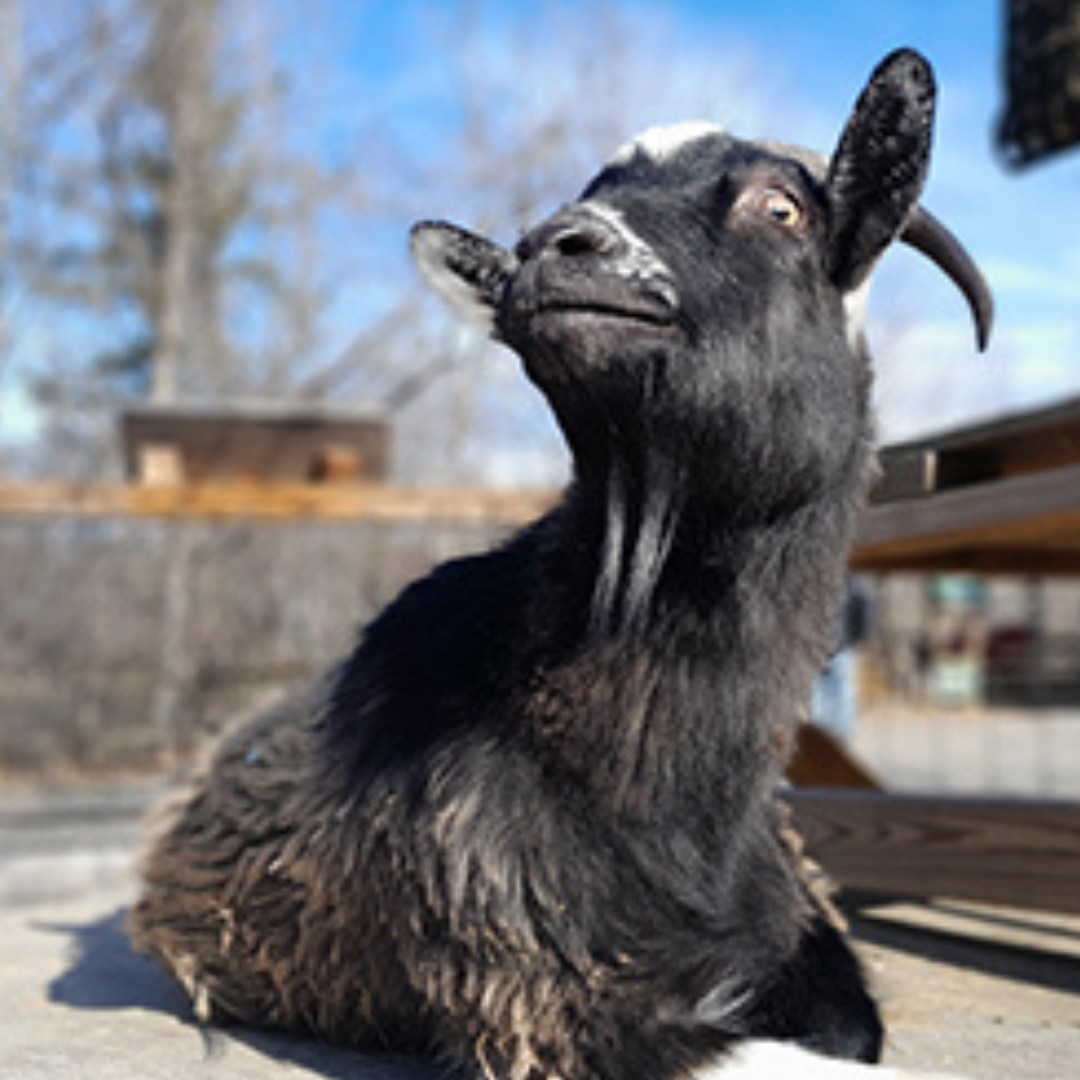- Importance of understanding animal individuality in education and wildlife management.
- Behavioral and care needs of domestic goats.
- Role of education and guest experience in wildlife conservation.
- Strategies for engaging the public in animal welfare discussions.
- Eli’s contribution to youth education through "Ask the Expert" and similar initiatives.
Understanding animals as individuals is critical in education and wildlife management. Each animal, like humans, has unique behaviors and needs that require personalized attention. This understanding underpins the philosophy of modern zoo management and conservation efforts. It empowers zoo educators and conservationists to provide improved care and develop meaningful public engagement strategies.
Eli, our curator of education and guest experience, plays a pivotal role in conveying this message. Featured in The Week Junior’s "Ask the Expert" column, Eli shares insights into how recognizing individual animal needs enhances their welfare. In his recent column, Eli discusses showing affection to a pet goat, a topic often overlooked in mainstream animal care discussions.
Goats, as domestic animals, have specific behavioral and care needs. Being social creatures, they thrive in herds and can form strong bonds with humans. Understanding their social structures and behaviors is critical for their emotional and physical well-being. Goats enjoy physical touch, and activities like back rubs can be rewarding for both the animal and the caretaker. Food treats can also positively reinforce desired behaviors, but it’s important to balance treat giving with nutrition needs.
Eli’s approach emphasizes learning and respect for animal idiosyncrasies among youth. Through platforms like "Ask the Expert", he provides practical advice rooted in scientific understanding. This fosters a new generation of informed individuals who are more likely to advocate for animal welfare.
With increasing urbanization and habitat loss, public education becomes vital in wildlife conservation. Educators like Eli bridge the gap between people and animals, providing a deeper understanding of wildlife issues. By sharing knowledge in accessible ways, they inspire action and promote conservation efforts.
Public engagement strategies are essential for conveying the importance of animal welfare. Interactive experiences and informed discussions help demystify wildlife conservation, making it relatable to diverse audiences. Engagement activities must highlight the symbiotic relationship between humans and animals, encouraging more people to participate in conservation efforts.
Eli’s work showcases the importance of educational ecosystems in conservation settings. By answering questions and sharing expertise, Eli connects with young readers, instilling a sense of responsibility for the environment. This interactive approach to education ensures that information is both impactful and memorable.
Look for more of Eli’s answers in upcoming issues of The Week Junior. His insights are a valuable resource for anyone interested in zoology and conservation. Through such initiatives, we hope to continue inspiring future generations to protect and respect the natural world.
*****
Source Description
Our curator of education and guest experience, Eli, has been featured in The Week Junior’s “Ask the Expert” column! His most recent question focused on how you can show some love to your pet goat. To sum up his answer: Goats, like people, are individuals, but many can be won over with back rubs and treats. Do you think Bryan, pictured here, would agree?
Look for more of Eli’s answers in upcoming issues of the magazine!
@theweekjuniorus


